The US is facing a significant challenge in its pursuit of artificial intelligence (AI) progress, as the country struggles to keep pace with the increasing energy demands of its massive data centers. According to a recent report by the Financial Times and MIT Technology Review, the US is falling behind in its ability to provide a steady power supply and necessary infrastructure to support the growing number of data centers, which are essential for AI model training and deployment.
Casey Crownhart, senior reporter for energy at MIT Technology Review, notes that the biggest barrier to AI progress is not money, but energy. "For about a decade before 2020, data centers were able to offset increased demand with efficiency improvements," Crownhart said. "However, now, electricity demand is ticking up in the US, with billions of queries to popular AI models each day, and efficiency gains are not keeping pace." This has led to ballooning electricity bills for people living near data centers, as well as strain on the grid.
The issue is not unique to the US, but China's rapid renewables buildout has given it a significant advantage in the AI race. China's renewable energy capacity has grown exponentially in recent years, with the country now accounting for over 40% of the world's solar and wind power installations. This has enabled China to provide a stable and clean energy supply to its data centers, allowing the country to leapfrog in AI progress.
The US, on the other hand, has been slow to build out its renewable energy capacity. According to the US Energy Information Administration, the country's renewable energy capacity has grown, but at a slower rate than China's. This has put the US at a disadvantage in the AI race, as data centers require a reliable and clean energy supply to operate efficiently.
Industry experts agree that the US needs to invest in renewable energy and infrastructure to support its growing data center industry. "The US needs to prioritize the development of renewable energy and energy storage to support the growing demand for data centers," said a spokesperson for the Data Center Industry Association. "This will not only help reduce the carbon footprint of data centers but also ensure a stable and reliable energy supply."
The implications of the US falling behind in AI progress are significant. As AI continues to transform industries and economies, the country risks losing its competitive edge in the global market. Furthermore, the strain on the grid and ballooning electricity bills for people living near data centers could have far-reaching consequences for the environment and public health.
In recent developments, the US government has announced plans to invest in renewable energy and infrastructure to support the data center industry. However, it remains to be seen whether these plans will be enough to close the gap with China and other countries that are rapidly advancing in AI progress.
As the world continues to grapple with the challenges and opportunities presented by AI, one thing is clear: energy is king, and the US is falling behind. The country's ability to provide a stable and clean energy supply to its data centers will be crucial in determining its success in the AI race.
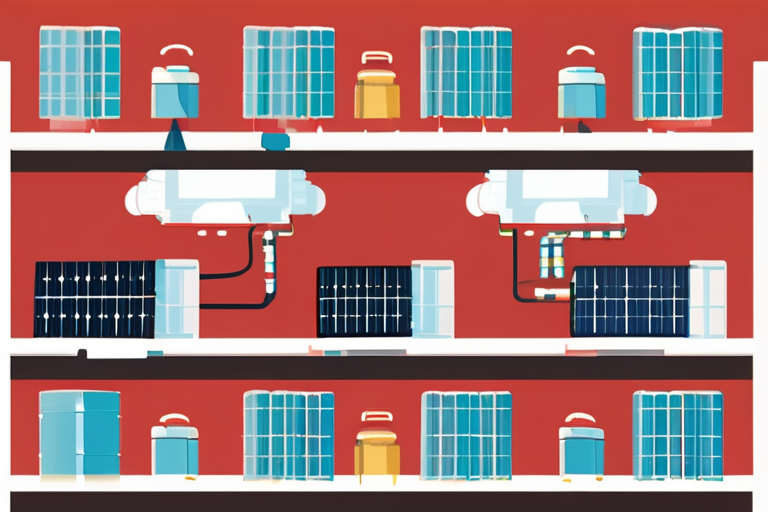


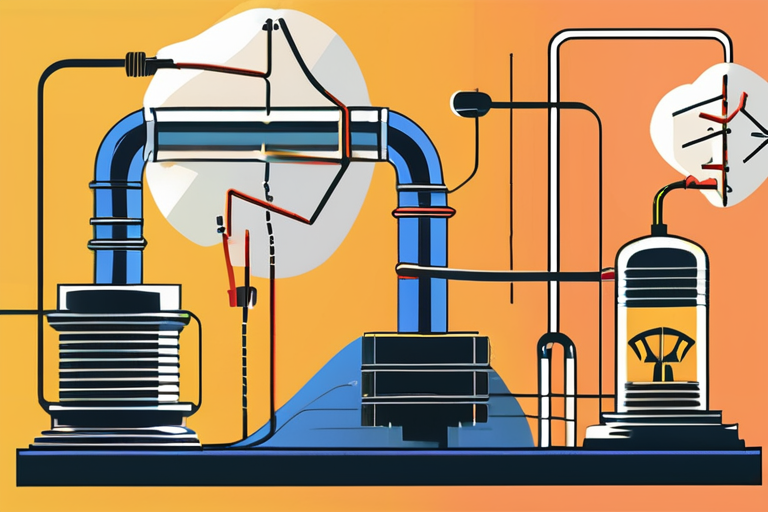
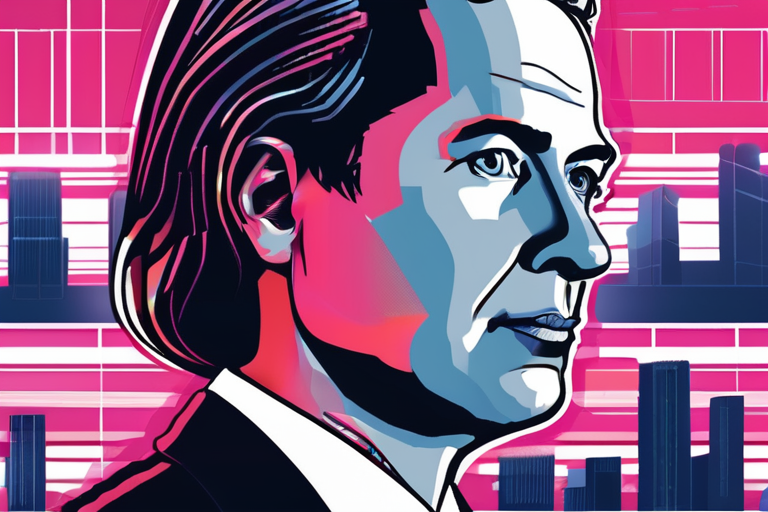

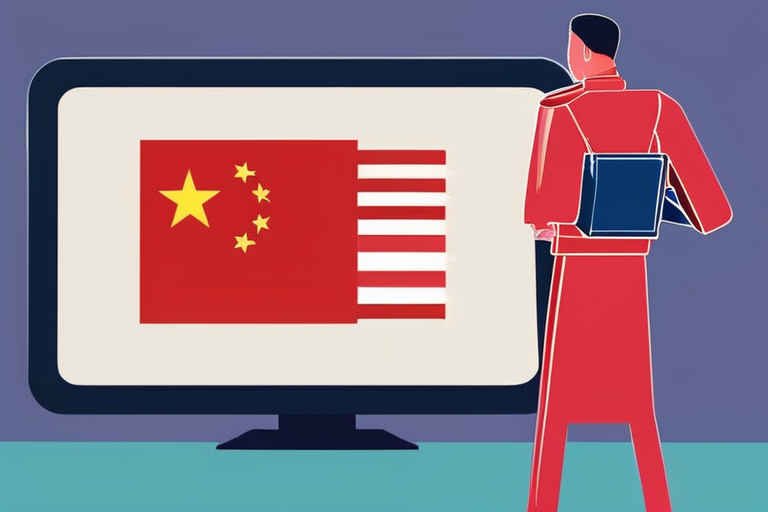


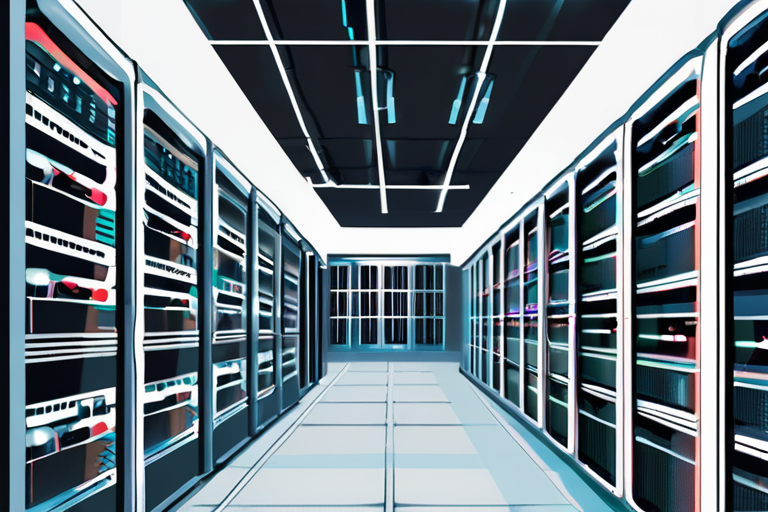
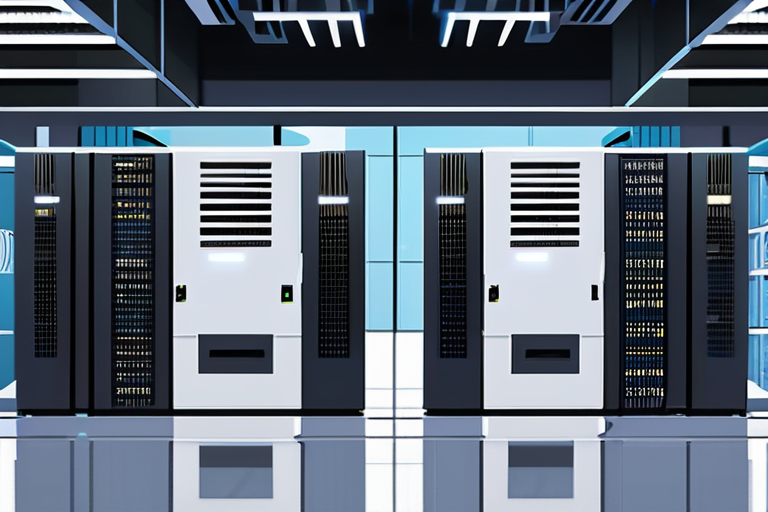



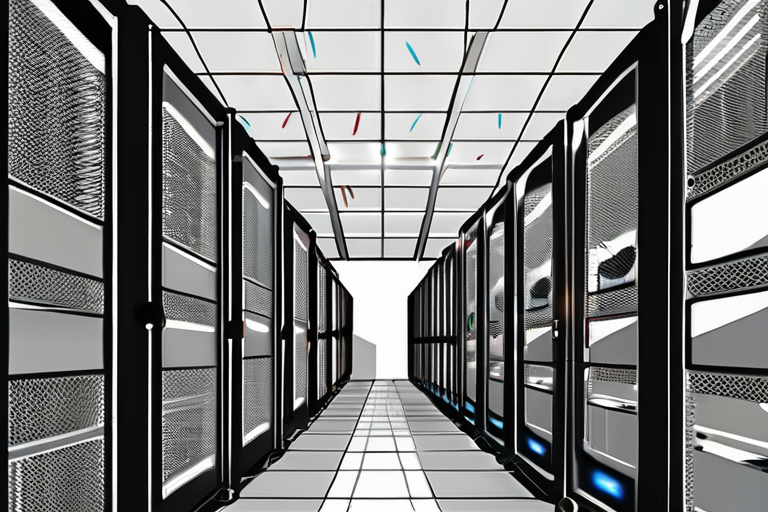
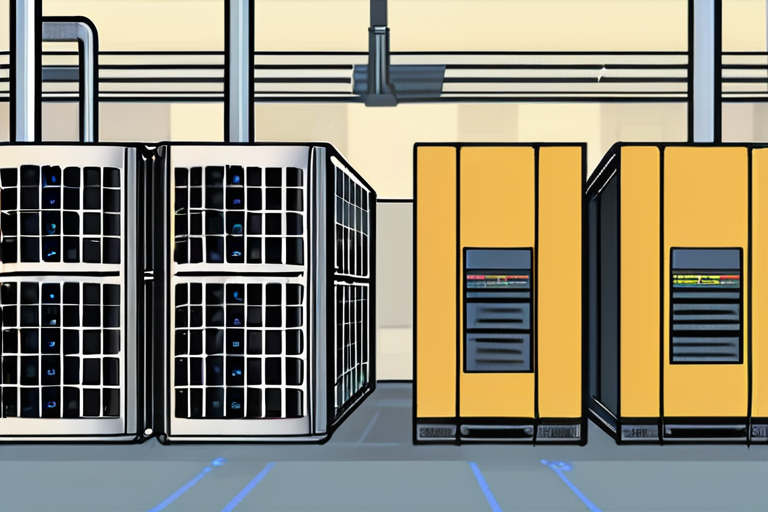

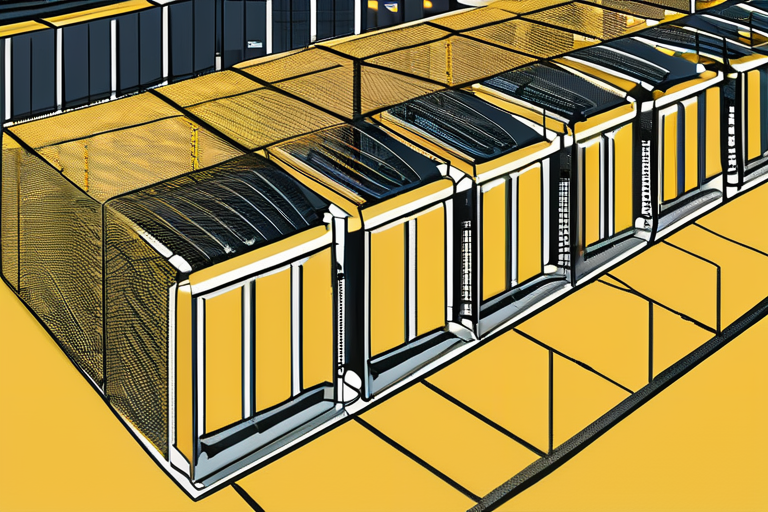
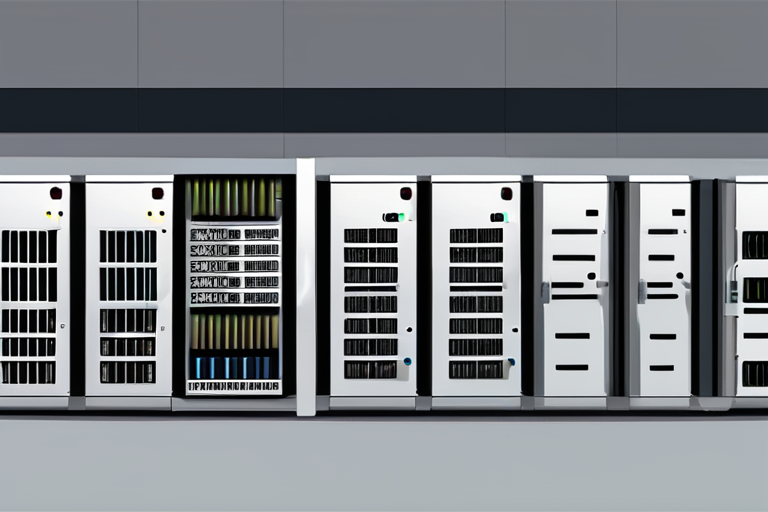

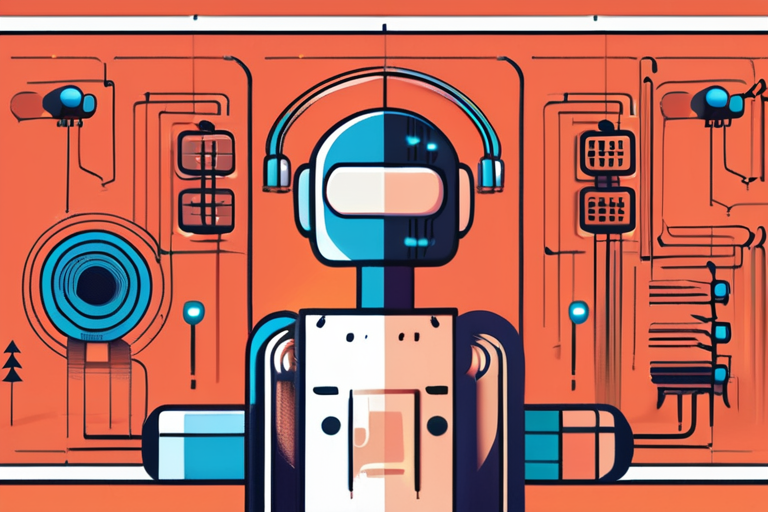

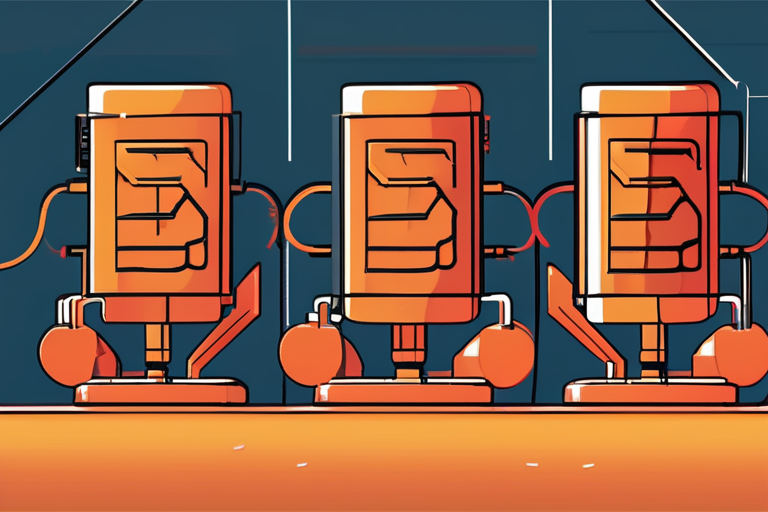


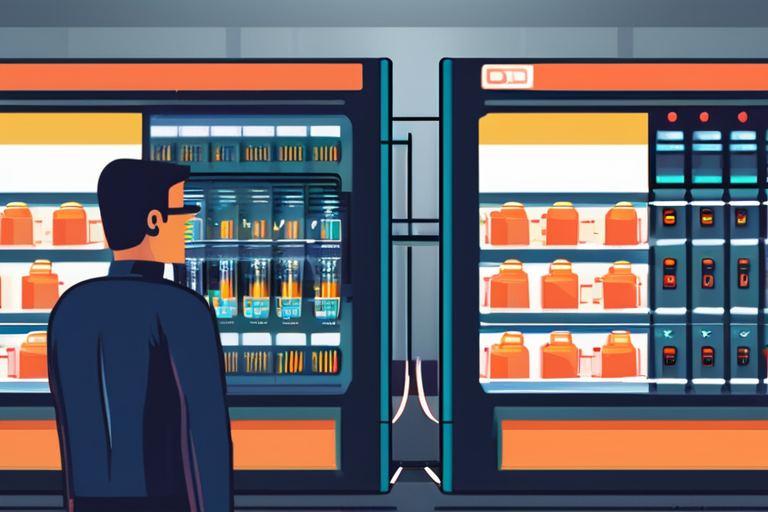
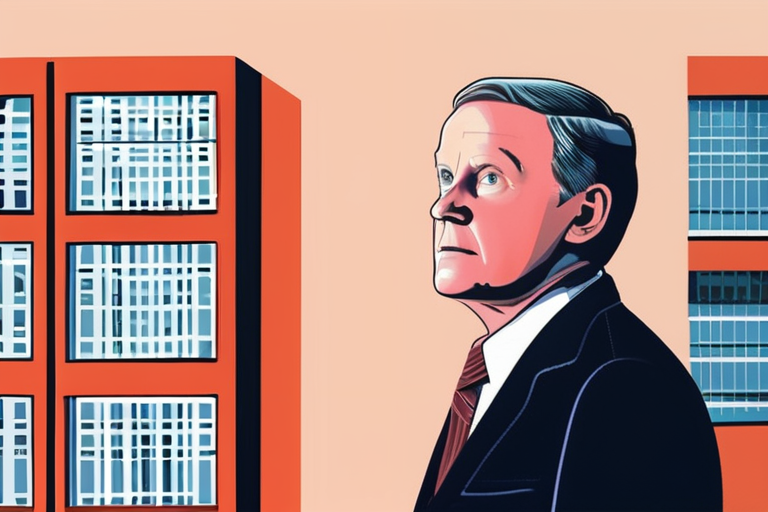
Share & Engage Share
Share this article